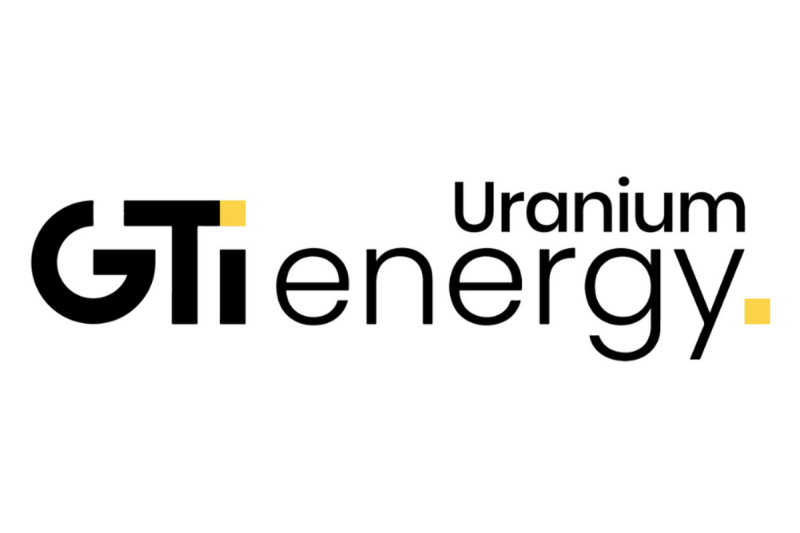Entitlement Issue Prospectus: A Detailed Look at Corporate Fundraising
Understanding the concept of an entitlement issue is crucial for both seasoned investors and beginners in the financial world. An entitlement issue is a method utilized by companies to raise additional capital by offering existing shareholders the right to purchase new shares at a discounted price. This article will delve into the intricacies of entitlement issues, examining the process, benefits, and potential drawbacks associated with this type of corporate fundraising activity.
Process of an Entitlement Issue
The process of an entitlement issue typically begins with a company needing to raise funds for various purposes, such as expansion, debt repayment, or research and development. The company’s board of directors will decide on the number of new shares to be issued and the price at which these shares will be offered to existing shareholders. Shareholders are then notified of the entitlement issue and given the opportunity to subscribe to the new shares based on their existing shareholding.
Benefits of an Entitlement Issue
One of the key benefits of an entitlement issue is that it allows existing shareholders to maintain their proportional ownership in the company. By offering shares at a discounted price, companies incentivize their shareholders to participate in the fundraising activity, helping bolster the company’s financial position. Furthermore, entitlement issues can be a cost-effective way for companies to raise capital compared to other methods like private placements or public offerings.
Additionally, entitlement issues often carry rights that can be traded in the market. Shareholders who do not wish to participate in the entitlement issue can sell their rights to other investors, thereby potentially profiting from the transaction. This tradability aspect enhances the liquidity of the entitlement issue and provides an avenue for investors to capture value from their participation.
Drawbacks of an Entitlement Issue
While entitlement issues offer numerous benefits, there are also potential drawbacks to consider. One common concern among shareholders is the risk of share dilution. When new shares are issued at a discounted price, existing shareholders’ ownership percentages in the company are reduced. This dilution could impact the value of existing shares, leading to a decline in the company’s stock price.
Moreover, entitlement issues may face challenges in terms of investor appetite and market conditions. If shareholders are not interested in participating in the entitlement issue or if market conditions are unfavorable, the company may struggle to raise the desired amount of capital. This could potentially signal financial distress to external stakeholders and impact the company’s reputation in the market.
Conclusion
In conclusion, entitlement issues serve as a fundamental tool for companies seeking to raise capital from existing shareholders. While they offer benefits such as maintaining ownership and cost-effectiveness, it is essential for investors to carefully evaluate the potential risks and drawbacks associated with this type of corporate fundraising activity. By understanding the intricacies of entitlement issues, investors can make informed decisions that align with their investment goals and risk tolerance levels.



























